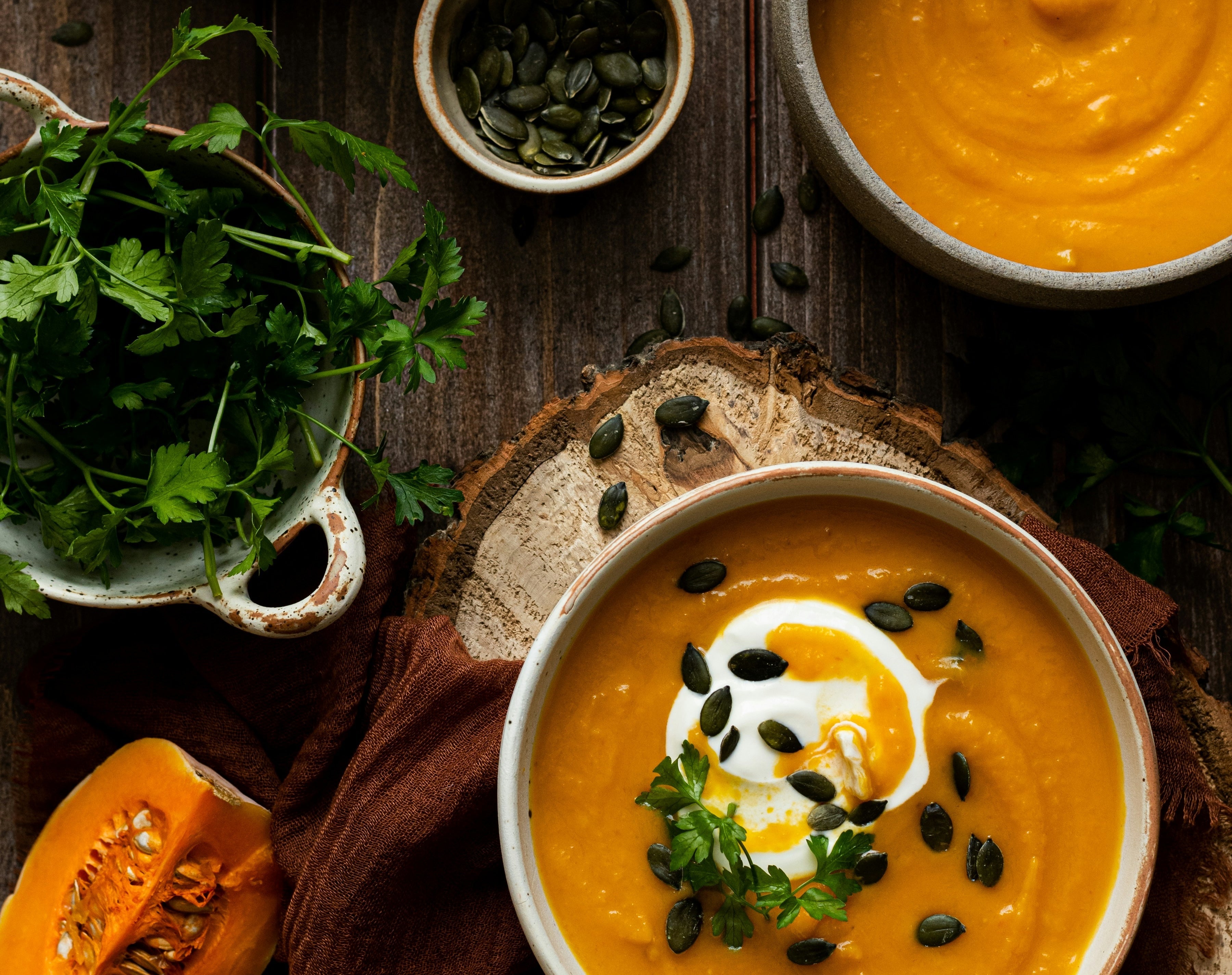When we think about sleep, we often picture comfortable pillows, blackout curtains, or soothing nighttime routines. But there’s another factor that can make or break your ability to rest well: what’s on your plate. Nutrition and sleep are deeply connected, and the foods you eat throughout the day — and especially in the evening — can either set you up for restorative rest or keep you tossing and turning.
Certain foods are well-known sleep disruptors. Caffeine, for example, lingers in your system long after your last cup of coffee and blocks adenosine, a chemical that signals to your brain it’s time to rest. Even if you feel like caffeine doesn’t affect you, studies show it can reduce deep sleep quality without you realizing it. Alcohol, another common culprit, may make you feel drowsy at first, but it disrupts REM sleep and leads to fragmented nights. Sugary foods and refined carbs can also throw off your rest by spiking blood sugar and causing a crash later in the night, often waking you up in the early hours. And let’s not forget heavy, late-night meals — when your digestive system is working overtime, your body has a harder time shifting into repair mode.
On the other hand, a well-balanced diet can be one of your greatest allies in getting restorative rest. Magnesium-rich foods like leafy greens, almonds, and pumpkin seeds act as natural relaxants for the nervous system. Vitamin B6, found in bananas, fish, and poultry, helps convert tryptophan into serotonin and melatonin — two key players in sleep regulation. Tryptophan itself, abundant in foods like turkey and oats, is often referred to as the “sleepy amino acid” because of its role in promoting melatonin. Calcium, often overlooked, supports both muscle relaxation and melatonin production. Even certain foods like tart cherries and walnuts contain natural melatonin, helping your body sync up with its sleep-wake cycle.
Beyond nutrients, gut health also plays a surprisingly large role in how well you sleep. The gut microbiome helps produce neurotransmitters, including serotonin, which heavily influences mood and sleep. An unbalanced gut can actually disrupt circadian rhythms, while a healthy one — supported by fiber-rich foods, fermented foods like yogurt or kimchi, and prebiotic foods like garlic and onions — promotes a smoother, more restorative sleep pattern.
Meal timing matters too. Finishing your last meal at least two to three hours before bedtime allows your digestive system to wind down and reduces the likelihood of reflux or restlessness. Balanced meals throughout the day, especially those that stabilize blood sugar, can help prevent those midnight wake-ups caused by blood sugar crashes. If you’re truly hungry before bed, a light snack that pairs protein with a complex carbohydrate, like apple slices with almond butter, can keep your blood sugar stable through the night.
Even with the best diet, most people fall short on certain nutrients that make sleep easier. That’s where targeted supplementation can make a difference. A formula like Sleep MAXX doesn’t replace healthy eating, but it complements it by providing a blend of calming herbs and nutrients that help quiet the mind, relax the body, and support deeper, more restorative rest. Unlike sleep medications, which often “knock you out,” Sleep MAXX works with your body’s natural rhythms, gently encouraging better sleep over time.
Food, in many ways, sets the stage for rest. Just as your environment and bedtime routine influence how well you sleep, the nutrients you take in throughout the day can either support or sabotage your ability to recharge. By choosing foods that nourish your nervous system, timing your meals wisely, and pairing your nutrition with a natural support like Sleep MAXX, you can transform your nights into a time of healing and recovery — and wake up to brighter mornings.
Wrapping it all up...
Foods That Disrupt Sleep — AVOID THESE!
→ Caffeine: Blocks adenosine, a chemical that builds up during the day to trigger sleepiness. Avoid after 2 p.m.
→ Alcohol: May make you drowsy but disrupts REM sleep and causes nighttime waking.
→ Sugar and refined carbs: Spike blood sugar, leading to crashes that can wake you up at night.
→ Heavy meals before bed: Digestive load can keep the body too active for deep sleep.
_________________________
Nutrients That Support Rest — MORE OF THESE!
→ Magnesium: Calms the nervous system and regulates melatonin. Found in leafy greens, nuts, and seeds.
→ Vitamin B6: Helps convert tryptophan into serotonin and melatonin. Present in bananas, poultry, and fish.
→ Tryptophan: Amino acid precursor to melatonin. Found in turkey, pumpkin seeds, and oats.
→ Melatonin: The “sleep hormone.” Foods like tart cherries and walnuts naturally contain it.
→ Calcium: Supports melatonin production and muscle relaxation. Found in dairy, leafy greens, and fortified plant milk.

